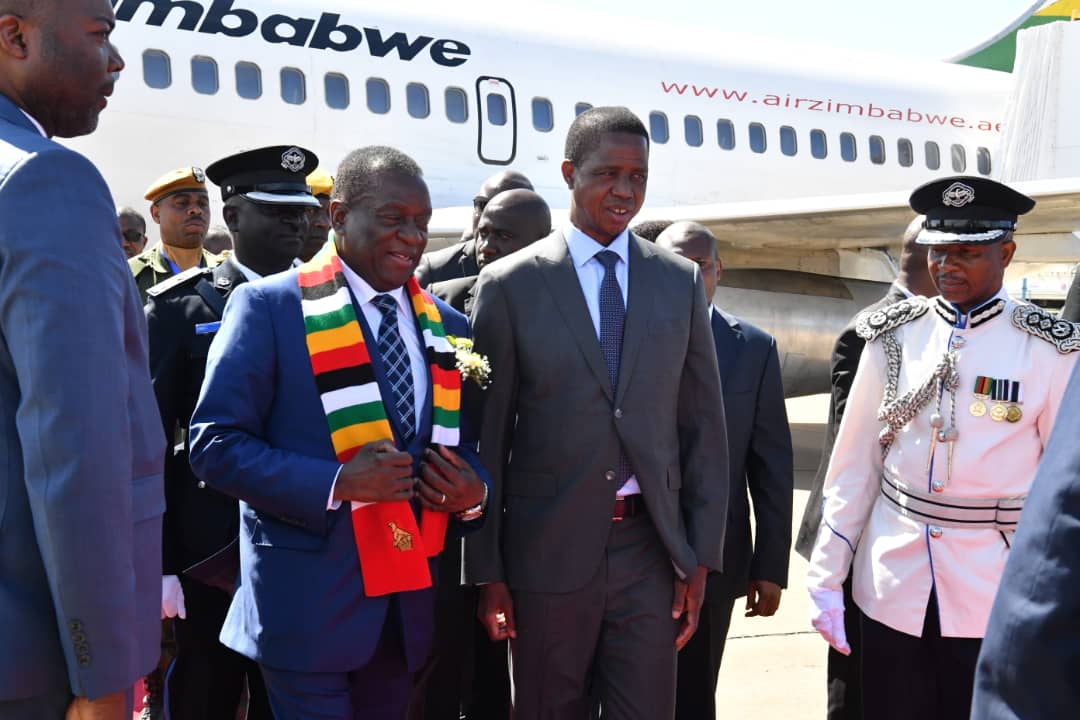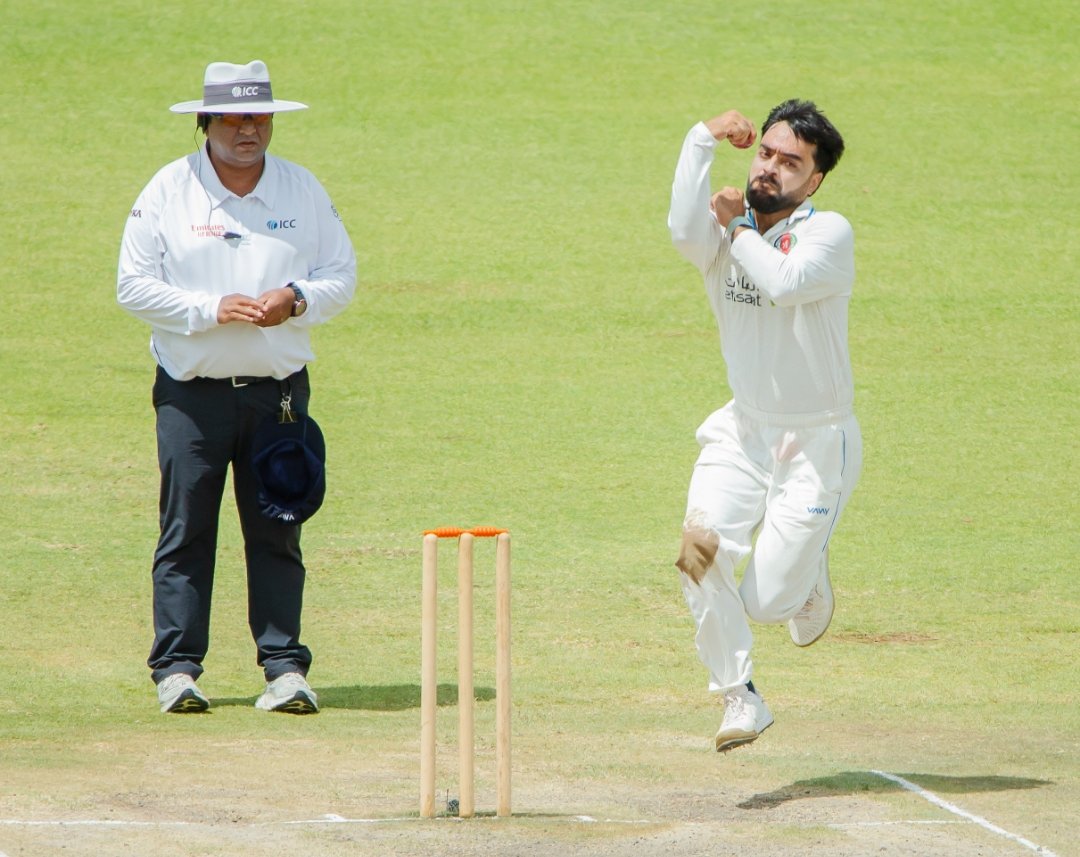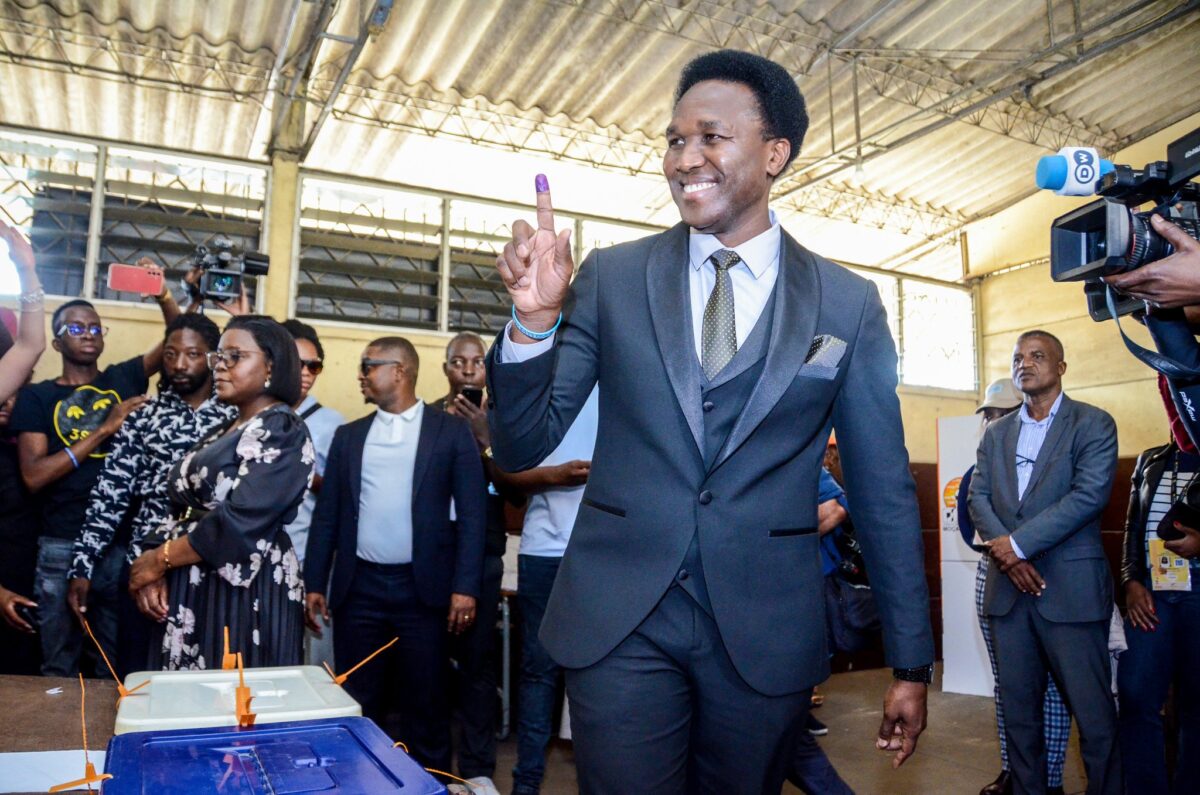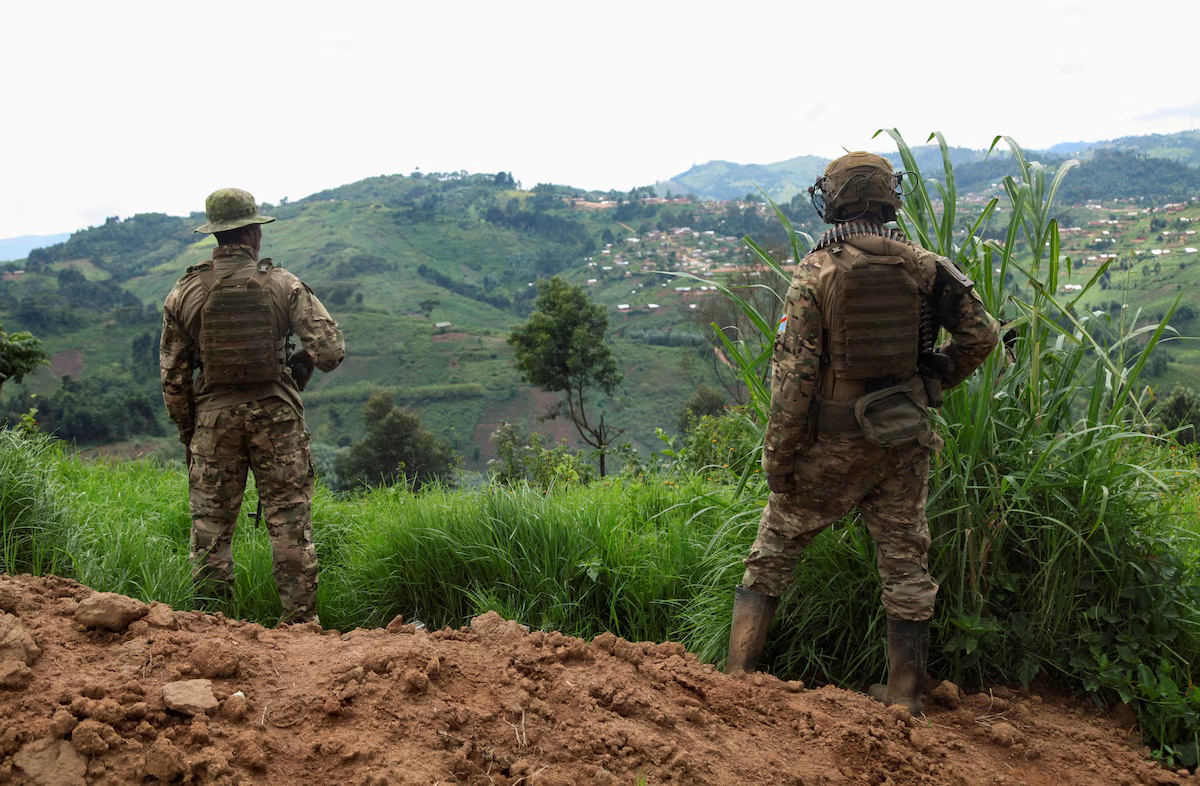HARARE — Zambian President Edgar Lungu on Tuesday declared October 25 a public holiday – but not for the reason its southern neighbour Zimbabwe was hoping for.
Zimbabwe has declared a public holiday on the same day to protest United States sanctions it says are hurting its economy — and the day comes with a state-sponsored festival.
At their last summit in Dar es Salaam in August, SADC leaders called for the lifting of the sanctions and at Zimbabwe’s urging agreed to make united calls on October 25.
President Lungu said he wanted Zambians to use the day to “appreciate the sacrifice made by freedom fighters during the struggle for independence”, according to a statement by the Special Assistant to the President for Press and Public Relations Isaac Chipampe.
Zimbabwe is hoping for anti-sanctions activities in regional countries, but President Emmerson Mnangagwa is unlikely to get anything more than statements of support.
Acting information minister Amon Murwira said Monday that ‘Anti Sanctions Day’ was a chance to “further amplify the importance of this day to the economic emancipation and well-being of Zimbabwe.”
Tens of thousands of people are expected to be bused into Harare, where they will march, watch a football match between Dynamos and Highlanders and attend an all-night concert.
Dozens of Zimbabwean officials, including Mnangagwa, have faced years of United States sanctions over alleged human rights violations amid troubled elections and the seizures of white-owned farms.
Mnangagwa, who took office after longtime leader Robert Mugabe was forced out in late 2017, at first urged the country to “stop mourning” about the sanctions. But he has since turned them into a rallying cry like his predecessor and blamed them for the collapsing economy as hopes fade that he will revive the country’s fortunes.
The U.S. says the sanctions are not against Zimbabwe’s government at large and do not affect business between the countries. Instead, the sanctions are targeted at individuals held responsible for ongoing rights abuses and will only be lifted if Zimbabwe pursues measurable reforms and returns to the rule of law, U.S diplomats say.
The United States also says it is the biggest provider of humanitarian assistance to Zimbabwe, whose 300 percent inflation is the second highest in the world after Venezuela’s.
Zimbabwe has tried to rally regional countries to speak out against the sanctions and earlier this week even held a tearful anti-sanctions prayer meeting organised by Mnangagwa’s wife, Auxillia, and attended by Mnangagwa, his cabinet and dozens of others.
Some in the capital struggled to comprehend the rationale behind such events by a government that is failing to pay doctors and buy medicines, but they said they wouldn’t mind the holiday.
“We march, watch football, eat, drink and dance the night away … then what next?” asked Chengetedzo Mbundure, an office worker in Harare. “It’s unnecessary but it’s welcome. Who doesn’t love a holiday?”
(Additional reporting by Farai Mutsaka, Associated Press)
















